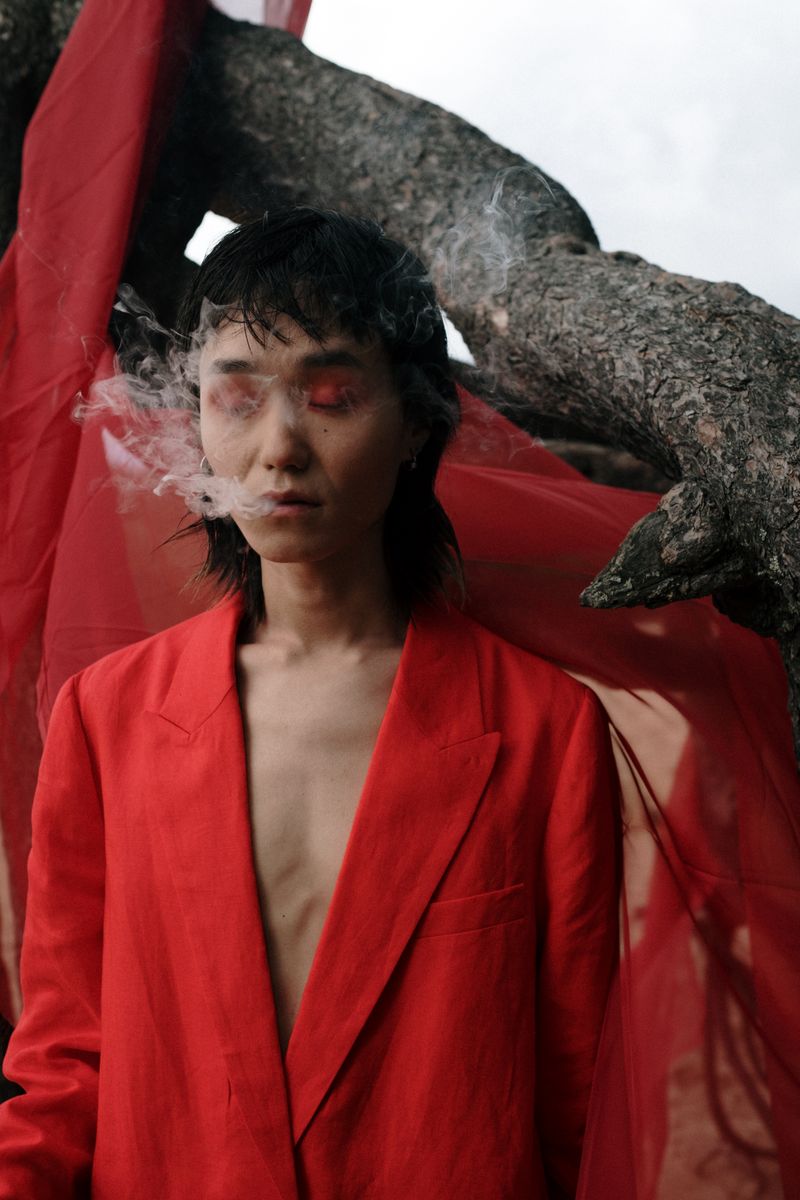Extreme Right Polemicist Banned from Parliamentary Committee by Political Parties
Background
On Thursday, extreme right polemicist Alexandre Cormier-Denis was scheduled to appear before a parliamentary committee on immigration, but the political parties represented in the National Assembly decided to bar his participation. This decision comes amid concerns about his ethno-nationalist views and past associations with controversial figures such as Marine Le Pen, the president of the far-right Front National party in France. In a statement, Quebec Premier François Legault emphasized that individuals like Cormier-Denis have no place in Parliament, while the Minister of Immigration, Christine Fréchette, made it clear that she does not endorse his statements. Quebec Minister of International Relations, Martine Biron, expressed discomfort with Cormier-Denis’s views, although she acknowledged the importance of freedom of expression.
Political Response
The Parti Québécois, Québec Solidaire, and the Parti Libéral all supported the government’s decision to exclude Cormier-Denis from the list of participants in the parliamentary committee. Opposition members cited Cormier-Denis’s advocacy of the so-called “great replacement” theory and labeled him as a white supremacist. Alexandre Leduc, a member of Québec Solidaire, strongly condemned Cormier-Denis’s ideology. Monsef Derraji, a Liberal member, initially hesitated to support the exclusion but ultimately agreed to remove Cormier-Denis from the list. Pascal Bérubé, a member of the Parti Québécois, expressed surprise that Cormier-Denis was included and claimed that an updated list without his name had been sent. However, the government’s leader, Simon Jolin-Barrette, contradicted Bérubé’s statement, asserting that the Parti Québécois had agreed to hear Cormier-Denis. Jolin-Barrette justified the exclusion by pointing to the nature of Cormier-Denis’s rhetoric.
Cormier-Denis’s Response
Alexandre Cormier-Denis expressed disappointment at being excluded from the parliamentary committee, describing it as a “deplorable” decision. He criticized the double standard of allowing academics, unions, and business leaders to participate while excluding a “simple citizen who questions the immigration dogma.” Cormier-Denis believed that media pressure prompted the change in the position of the lawmakers, noting that his memorandum had been submitted on August 30th. He questioned why the doors of the National Assembly were open to Québec Solidaire, a party with origins in Marxist-Leninism, Maoism, and Trotskyism, while being closed to him.
Analysis and Commentary
Public Discourse and Freedom of Expression
The decision to exclude Alexandre Cormier-Denis from the parliamentary committee on immigration raises important questions about the limits of freedom of expression and the role of controversial voices in public discourse. While it is crucial to protect democratic principles, including the right to express differing views, it is equally important to create boundaries that prevent the dissemination of hate speech and extremist ideologies.
A Delicate Balancing Act
The exclusion of Cormier-Denis can be seen as a clear message from the political parties that they do not endorse his views and want to distance themselves from extreme right ideologies. However, critics argue that this decision may inadvertently attract attention to Cormier-Denis and provide him with a platform to portray himself as a victim of censorship. Striking the right balance between protecting freedom of expression and preventing the normalization of harmful ideologies is a delicate task for legislators.
The Role of Political Parties
The unanimous decision by the political parties to exclude Cormier-Denis sends a strong message about their commitment to rejecting extremist views. It demonstrates a unified front against hateful ideologies that could undermine social cohesion and the principles of diversity and inclusion that are fundamental to Canadian society. By taking a stand against Cormier-Denis, the parties are showcasing their dedication to fostering a tolerant and pluralistic democracy.
Editorial and Advice
Protecting Democratic Values
The decision to exclude Alexandre Cormier-Denis from the parliamentary committee, although met with criticism from some, highlights the responsibility of political parties to protect democratic values and reject harmful ideologies. It is vital for elected officials to distinguish between free speech and hate speech in order to preserve the fabric of a diverse and inclusive society. By actively challenging discriminatory rhetoric, political parties can promote an environment that encourages respectful and constructive dialogue.
Strengthening Democratic Institutions
Institutions such as parliamentary committees play a crucial role in shaping public policy and facilitating meaningful democratic participation. As part of this process, it is essential for committees to carefully consider the selection of participants and ensure that a diverse range of perspectives are represented. However, it is equally important to recognize that not all viewpoints contribute positively to the democratic discourse. Therefore, lawmakers must exercise judgment in order to maintain the integrity of these institutions and prevent the normalization of extremist ideologies.
Open Dialogue and Engagement
Despite the controversy surrounding the exclusion of Alexandre Cormier-Denis, it is essential to continue fostering open dialogue and engagement on critical issues such as immigration. Constructive debates provide opportunities for individuals and communities to voice their concerns and contribute to policy decisions. Political parties should actively engage with diverse stakeholders and create platforms for inclusive discussions that allow for the exploration of different perspectives. By doing so, they can ensure that democratic values are upheld while avoiding the pitfalls of extremist rhetoric.
Disclaimer: The views expressed in this editorial are those of the commentator and do not necessarily reflect the position of the New York Times or its editorial board.

<< photo by Romina Ordóñez >>
The image is for illustrative purposes only and does not depict the actual situation.
You might want to read !
- Justin Trudeau’s Cabinet Minister Fails to Support Suella Braverman’s Controversial Claim
- UN condemns British home secretary’s assault on asylum system: A breach of international human rights standards
- Victor Osimhen: Napoli Striker’s Agent Threatens Legal Action Against Club
- Anger Mounts as Republican Representative Calls for Removal of Joint Chiefs Chair Milley
- Opinion: The Troubling Rhetoric of GOP’s Gosar in the Aftermath of Jan. 6
- Tit-for-Tat: Anticipating Clashes Between Protesters and Counter-Protesters in Downtown
- Enrique Tarrio Receives Lengthiest Sentence for January 6th Capitol Attack
- Netanyahu’s Call for Deportation Sparks Debate on Treatment of Eritrean Refugees in Israel
- Emma Stone dazzles audiences with her breakthrough role in ‘Poor Things’: A masterful performance that showcases her incredible range and talent.
- WNBA Approves Brittney Griner’s Charter Request for the Remainder of the 2023 Season
- “WNBA Stars Demand League Action after Brittney Griner’s Airport Scuffle”
- Manchester United vs. Crystal Palace: Battle for Carabao Cup Glory
- Sony’s Cybersecurity Under Scrutiny: Is the Company Facing Another Data Breach?
- Hollywood writers’ strike concludes, ending industry turmoil




